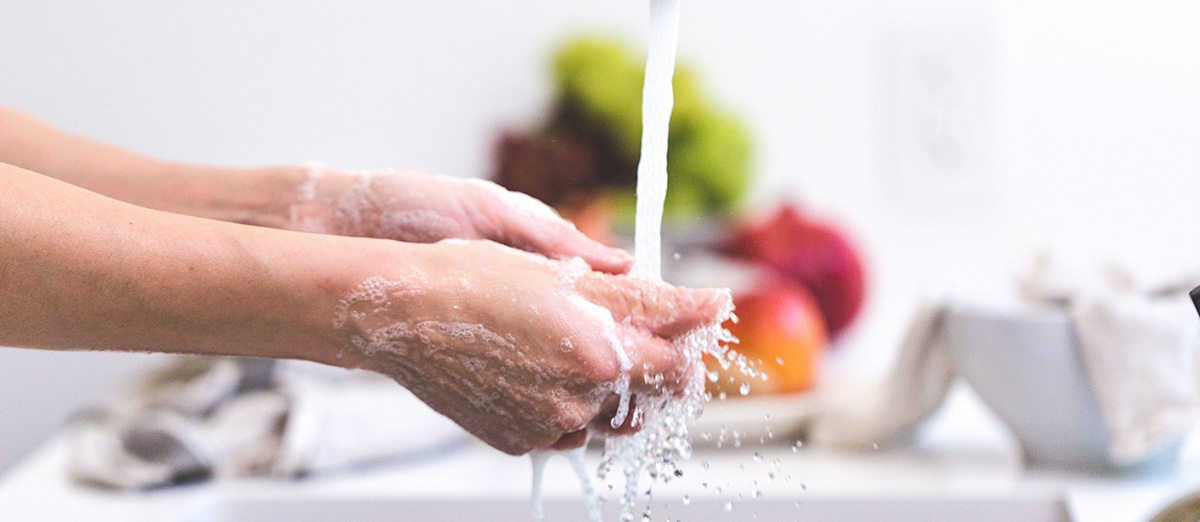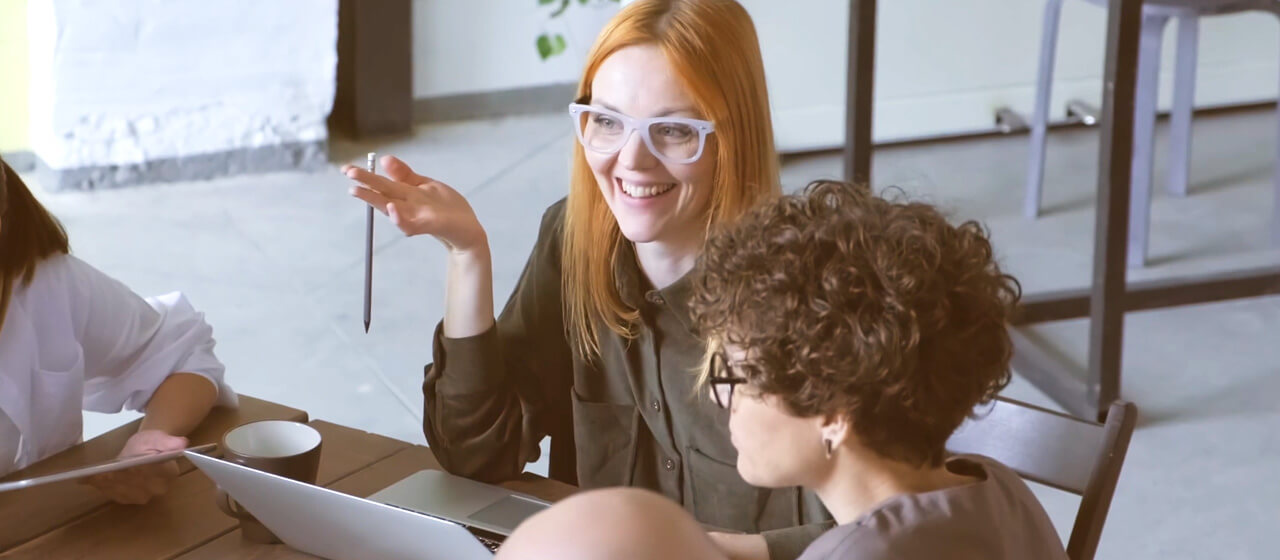Looking at the spread of the Coronavirus through the lens of the media, it seems that humanity approached the end of the contract and we can only hope for the best. For most of us however, our working lives continue as the day of yesterday and we cannot afford to panic.
The Coronavirus affects our daily work. It changes the way organizations and their employees handle their businesses. The goal of your HR department is to keep you productive, happy, and of course safe. This article offers two aspects of handling the COVID-19 disease. First, we give you some tips on how to improve your resistance followed by tips on how you can prevent the virus from spreading amongst colleagues.
Individual measures: Don’t be afraid, but have a plan
In one of his seminars named “I am not afraid of the Coronavirus – I have a plan”, Dr. John Bergman puts the Coronavirus into perspective relative to other diseases. Bergman covers various theories, clearing up misconceptions so you can understand what you are (not) dealing with.
These 4 steps roughly summarize the seminar:
- Don’t panic (stress and fear weaken the immune system)
- Don’t wait for a “new” medical intervention (Vaccinations, Antivirals, antibiotics, etc.)
- Strengthen your immune system (Physical, Chemical, Emotional, Stressors)
- Know that Viruses are parasites that use the host material (DNA, RNA) to replicate, so they get weaker as they transfer from patient to patient
Don’t panic
According to Bergman, the virus will spread around the world just like we have seen in the past with other viruses. The good news is that although the virus is highly infectious, it has a low mortality rate. A healthy body will adapt to the situation, but fear and panic weaken the immune system and predispose you to infections.
Don’t wait for “new” medical intervention
As explained in an article by The Lancet the Coronavirus is going to peak; it is going to decline, and it will dissipate. Just like all other infections. Rather than waiting for medical interventions, you can prepare your immune system to take on the Coronavirus if needed.
Strengthen your immune system
The father of the Germ Theory, Louis Pasteur coined the saying “Le microbe nés rien, le terrain est tout.” meaning “The microbe is nothing, the terrain is everything”. In other words: treat the patient, not their symptoms. The best way to do that is to strengthen your immune system.
Body and exercise
- Exercise daily
- Stretching and/or meditating (reduces stress)
- Sufficient rest (7.5 hours of sleep a night)
- Maintain personal hygiene
- Optional: Conscious breathing or Wim Hof Method
- Optional: Apply essential oils daily
Diet
- Include as many (organic) fruits and vegetables in your diet as possible
- Lots of herbs (turmeric, oregano, garlic, etc.)
- Hot liquids and soups (kills bacteria and germs in your throat)
Dietary supplements which aid the immune system*
- Vitamin C
- Vitamin D3
- Magnesium
- Zinc
- Selenium
- Activated charcoal
*Please note that this is not professional medical advice, dosage recommendations may vary per person.
What measures should you take at work?
Take note of what your local government recommends you to do regarding COVID-19. In addition, you may want to take extra measures. Below you can find options you might want to consider.
Wash your hands
We know you already wash your hands really well, but you can always do better. Wash your hands whenever you enter or leave a meeting, visit the bathroom, are about to eat, have just finished eating, or just entered the office of your home. Make sure to stop touching your face since the virus tempts to enter the body through your nose, eyes, and mouth.
Travel restrictions
At the time of writing, the USA just announced all flights from Europe to the United States will be canceled in order to reduce the spreading of the Coronavirus. You might want to consider further restrictions for your personnel, like stopping business flights unless they are necessary.
Remote working
If possible, let your colleagues work from home. Microsoft announced it will make Teams available for free due to the Coronavirus. This enables your employees to set up meetings, share files, and communicate. However, you will need a laptop, Wi-Fi (internet) connection, and place to work.
Clean workplace
In case remote working is not possible, you might want to make sure your workplace is clean as the most common way to get infected is to touch things in public such as handrails, door handles, handles on the bus, etc. Clean doors, door handles, don’t shake hands, keep a safe distance of at least a meter (+3 feet) and slightly open the window so fresh air gets in.
A colleague is sick, what now?
When one of your colleagues is under the weather, no matter the diagnose, make sure he or she stays at home. Even if it is just a common cold. This way, you can prevent further infections amongst colleagues.




